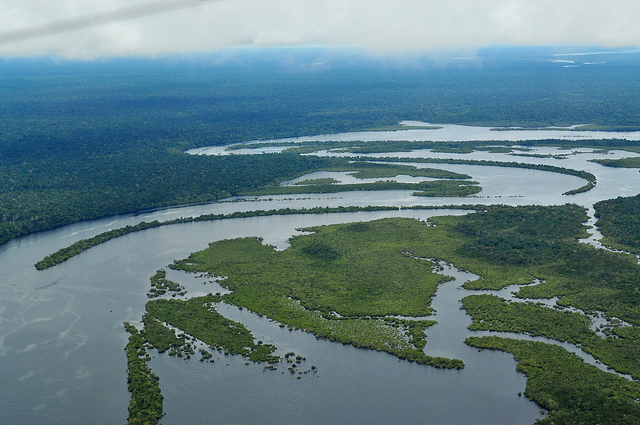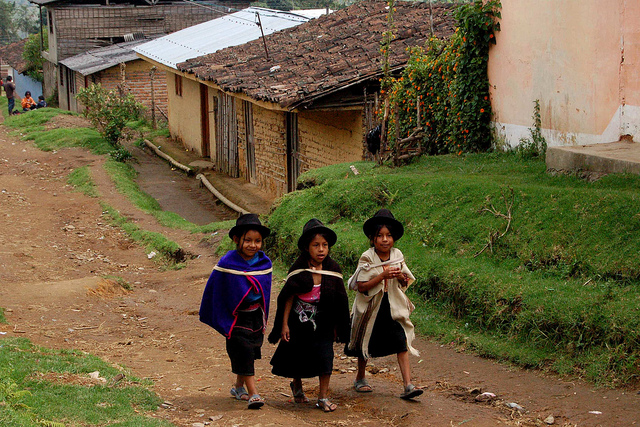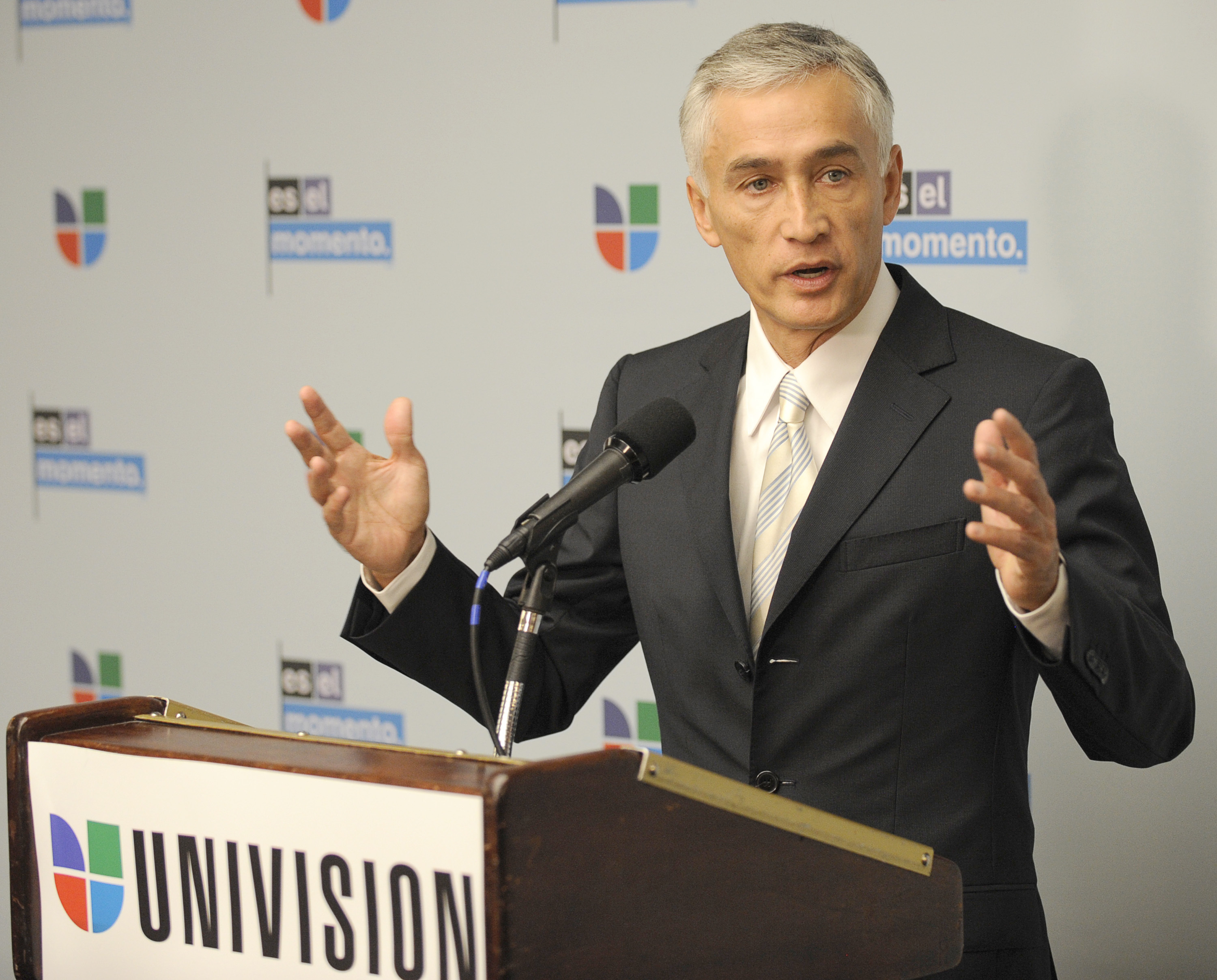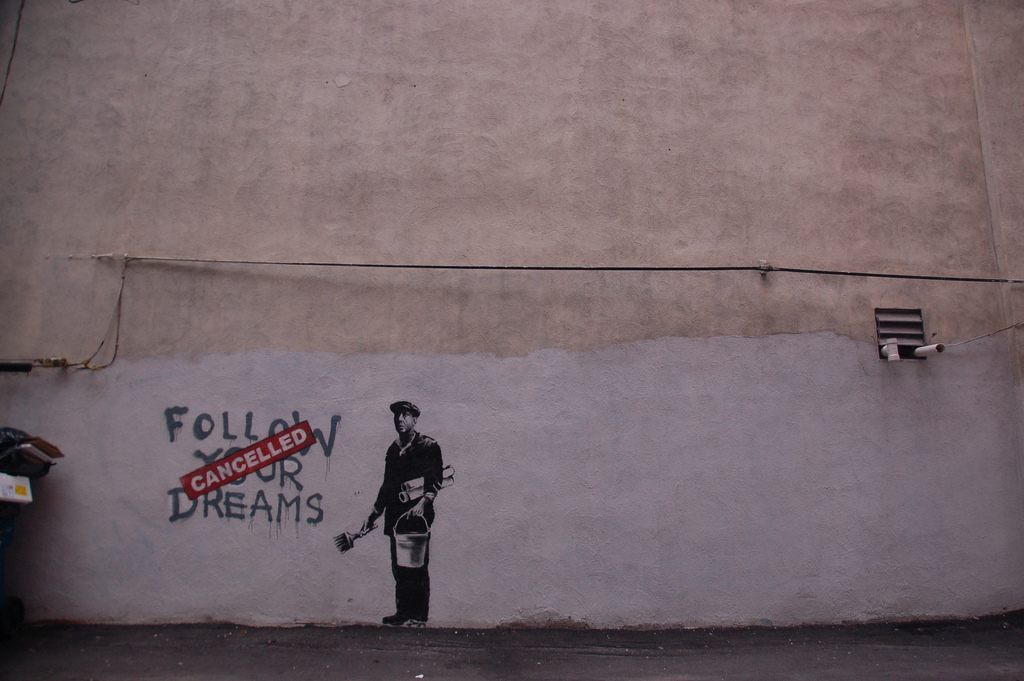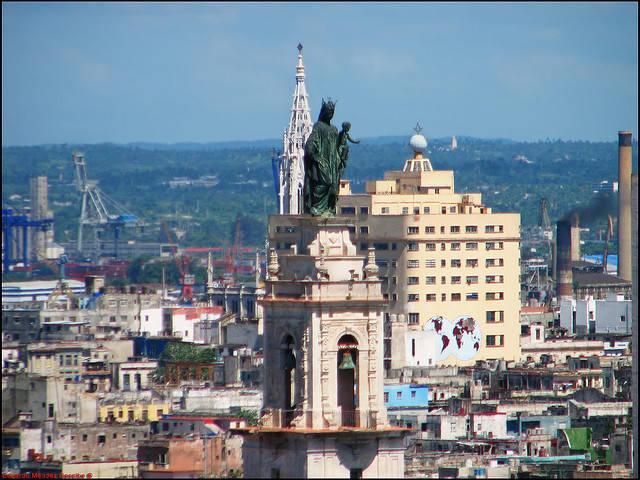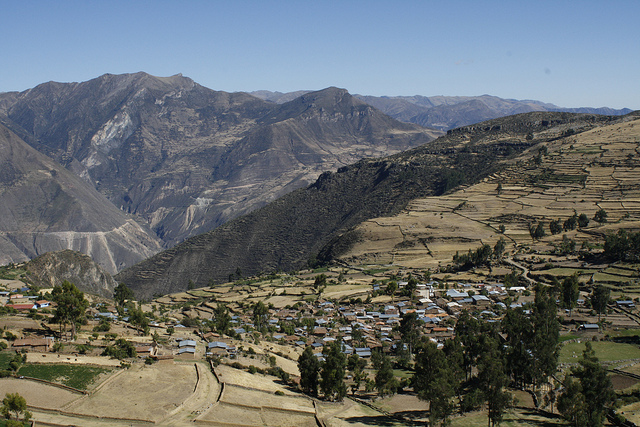
Blog, Latin America: Week in Review
Leader of Peru’s Shining Path Promises No More Attacks
December 8, 2011 By Staff
Today in Latin America
Top Story — Shining Path guerrilla leader Jose Flores Hala, known as “Comrade Artemio”, said he would seek a peace agreement with the Peruvian government in an interview on Friday, conceding that he “wasn’t going to deny” that the rebel group has been defeated. The Shining Path took up arms in the 1980s to establish a Maoist-inspired Communist government in Peru, but lost much of its influence after a government crackdown by former Peruvian President Alberto Fujimori in the early 1990s. An estimated 70,000 people died during Peru’s internal conflict, killed by the guerrillas, popular militias, and government security forces and death squads. Flores is one of two Shining Path leaders still at large after founder Abimael Guzmán was imprisoned in 1992 and given a life sentence. Flores said he had given up the principle of armed conflict with the government and proposed a truce so that negotiations could begin, though he said he would not surrender unconditionally. Flores also promised no new attacks, but admitted to reporters for the Legal Defense Institute that he couldn’t vouch for the intentions of the Shining Path’s other remaining leader, “Comrade José”.
Read more from CNN and the AP.
Headlines from the Western Hemisphere
North America
- Mexico’s interior minister announced Wednesday that Mexican authorities had thwarted an attempt by Saadi Qaddafi, son of the late Libyan dictator, to enter Mexico under an assumed identity with his family in September.
- The number of immigrants arrested while crossing the U.S.-Mexico border has dropped for the sixth consecutive year, marking the first time in decades that the number of deportations has surpassed border arrests.
- A recent poll by the Pew Research Center shows the American public fairly evenly divided on whether illegal immigrant students should be eligible for in-state tuition, with 48 percent approving and 46 percent opposed.
Caribbean
- A trade summit in Trinidad and Tobago was moved from a Hilton hotel to the National Academy for the Performing Arts due to the arrival of Cuban President Raúl Castro and his delegation.
- Mexico and the Dominican Republic have signed an agreement to cooperate on regional security through intelligence-sharing on organized crime.
Central America
- A report in Guatemala found that 2,082 Guatemalans were intentionally infected with syphilis, gonorrhea, or chancroid by U.S. researchers between 1946-1948. Only six known survivors have been identified.
- Panamanian dictator Manuel Noriega will be extradited from France and return to Panama on Sunday to face three 20-year jail terms.
- A former Honduran government advisor was shot and killed in Tegucigalpa on Wednesday and his wife was badly injured.
- U.S. authorities have arrested three Guatemalan men wanted in the 2006 rape and murder of a woman in Guatemala.
Andes
- Venezuela’s attorney general ruled that Judge Maria Lourdes Afiuni, who infuriated Venezuelan President Hugo Chávez in 2009 when she released a banker from prison, will face an extended house arrest for corruption though she has not yet been tried.
- In a visit to Beijing, the chief of staff of the Bolivian armed forces signed an agreement with China for increased military cooperation.
- Colombian artist Fernando Botero, 79, was released from the hospital after suffering altitude sickness and is reportedly doing well.
Southern Cone
- The United Kingdom is likely to anger Argentina by designating South Georgia Island and its surrounding waters (also claimed by Argentina) as the world’s largest marine protection zone.
- The U.S. government announced Wednesday that it will donate $1 million in military equipment to Paraguay to help it fight guerrilla group the Paraguayan People’s Army.
- The Brazilian Health Ministry said it would invest $2 billion to stop the spread of crack cocaine in the country.
- Chilean student leader Camila Vallejo was not re-elected to head the Universidad de Chile Student Federation, but will assume the post of vice president. Gabriel Boric was elected president.
Image: The Advocacy Project @ Flickr.
Subscribe to Today in Latin America by Email
< Previous Article
